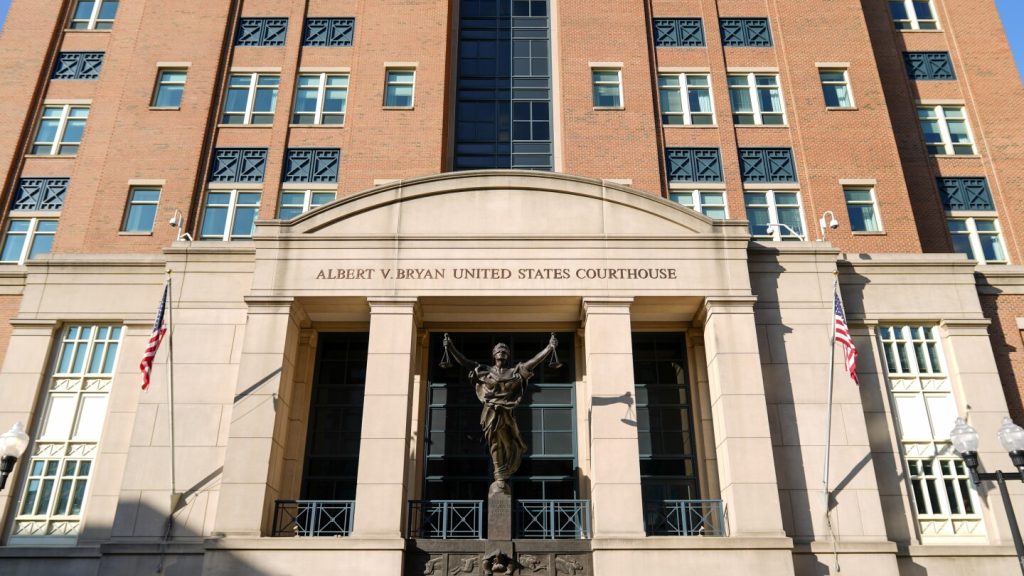Legal battles ensue as more than 1,600 Virginians have their voter registrations canceled under a state program that is under scrutiny for potentially disenfranchising legitimate voters. The Justice Department and advocacy groups have alleged that Virginia is violating federal law by systematically removing alleged noncitizens from the voter rolls during a 90-day “quiet period” leading up to the November election. This period is meant to prevent mistakes that could accidentally prevent eligible voters from casting their ballots without a chance to rectify the error. The program was enacted by Republican Gov. Glenn Youngkin through an executive order issued in August.
This week, a federal magistrate ordered the state to disclose the names and addresses of those removed from the voter rolls to the plaintiff groups, including the Justice Department and the League of Women Voters. A spokesperson for Protect Democracy, one of the legal groups involved in the lawsuit, revealed that data provided by the state shows more than 1,600 voters were removed after the 90-day quiet period began. Some naturalized citizens were wrongly purged from the rolls, according to lawyers reviewing the information. The state argues that removals are triggered when voters voluntarily disclose their noncitizen status to the Department of Motor Vehicles, and those identified for removal are notified and given a chance to respond if they believe it was done in error.
A hearing is scheduled for Thursday in Alexandria to address a Justice Department request for an injunction that could block the program and restore the registrations of those purged from the rolls. In court papers, the state’s lawyers argue against the injunction, stating that it would interfere with Virginia’s election procedures. Governor Youngkin has questioned the motives of the Justice Department for filing the lawsuit, asking how he can allow noncitizens to be on the voter rolls. This legal battle comes amidst additional challenges in other states, such as Alabama, where a federal judge ordered the restoration of eligibility for more than 3,200 voters who had been incorrectly deemed ineligible noncitizens. Testimony in that case revealed that a significant number of the inactive voters were actually legally registered citizens.
As the legal battle continues, the issue of voter registration and the potential for disenfranchisement remains a key concern. The lawsuits in Virginia and other states highlight the importance of ensuring the accuracy and fairness of voter registration processes. The outcome of these legal challenges could have significant implications for voter participation and the protection of citizens’ rights to vote. With millions of Virginians registered to vote, the controversy over the removal of allegedly noncitizen voters raises questions about the appropriate balance between verifying voter eligibility and preventing unwarranted removals that could impact legitimate voters. The decision of the court in the upcoming hearing in Alexandria will have a lasting impact on the future of voter registration practices in Virginia and beyond.


